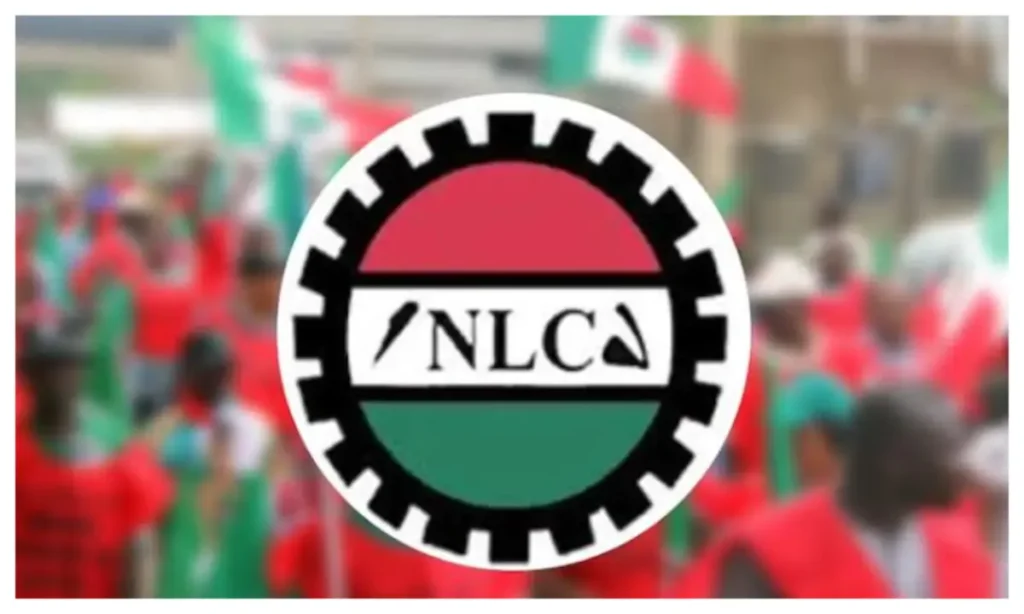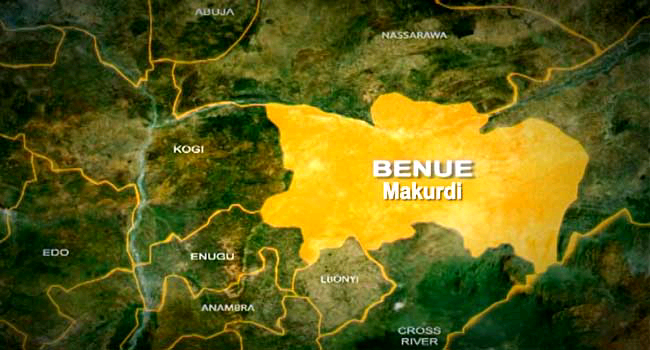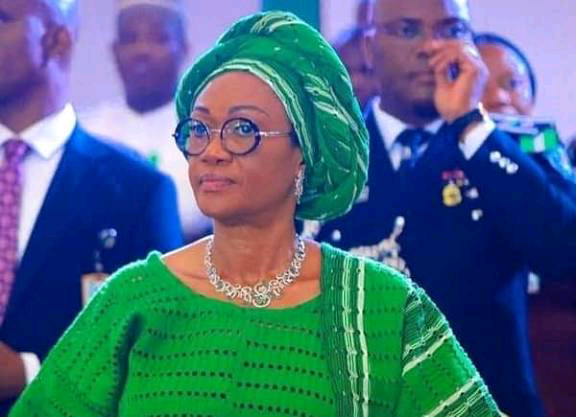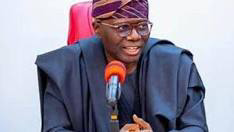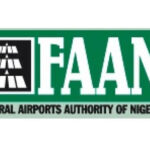Oyedele Clarifies Fuel Surcharge Policy, Dismisses Claims of Hidden Subsidy
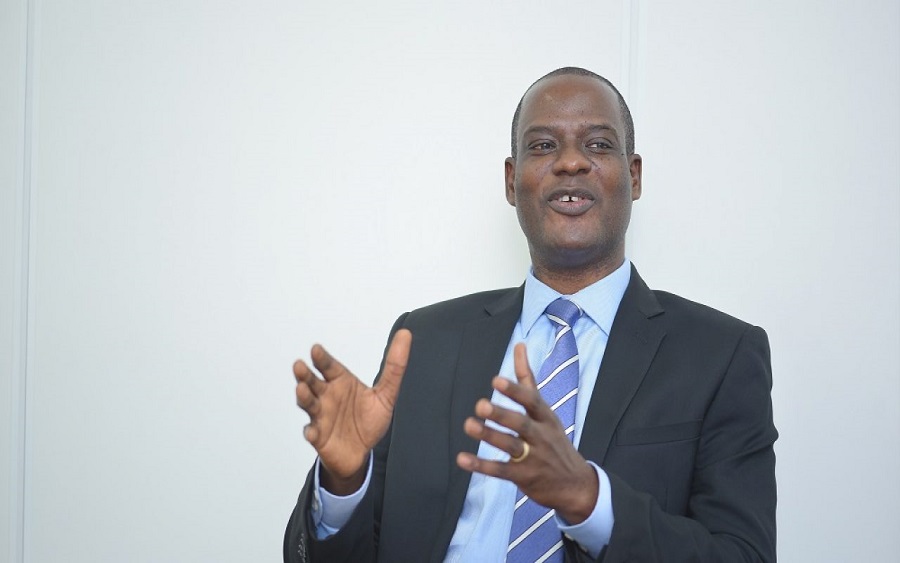
Chairman of the Presidential Committee on Fiscal Policy and Tax Reforms, Mr. Taiwo Oyedele, has explained that the recently debated fossil fuel surcharge is not a return to fuel subsidies, but a provision in existing law designed to fund transport infrastructure in the future.
Speaking in response to concerns that Nigerians may be facing “hidden taxes,” Oyedele said the surcharge was first introduced under the Federal Roads Maintenance Agency (FERMA) Act and later incorporated into the new tax law.
He stressed that the measure has not yet taken effect and will only come into force at a time to be determined by the Minister of Finance.
“There was a law enacted some years back with a surcharge on fuel under the FERMA Act. This is a provision that is now in the new tax law, and it does not take effect as of January 2026,” Oyedele explained.
He added that the public had been misinformed about the policy.
“What is in the tax law is that this surcharge will take effect on a date in the future, based on an order to be released by the Minister of Finance, and we do know the Minister of Finance is responsible enough to determine when it’s appropriate to do so,” he said.
According to Oyedele, the goal is not to add an extra financial burden on citizens but to channel revenue towards infrastructure projects that will ultimately reduce transportation costs, ease logistics, and curb inflation.
“The intention is to earmark and dedicate the revenue from this tax to providing transport infrastructure that can reduce the cost of transporting items, logistics, and overall bring down inflation for the Nigerian people,” he noted.
The clarification comes amid growing public concern that the government may be quietly reintroducing fuel subsidies through backdoor taxation.
In May 2023, President Bola Tinubu announced the removal of the decades-old petrol subsidy, a policy shift that led to sharp increases in fuel prices but was hailed by economists as necessary to stabilize government finances.
The subsequent rise in transportation and food costs, however, triggered debates over how ordinary Nigerians would cope without relief measures.
Against this backdrop, reports of a new surcharge fueled speculation that the government was walking back on its commitment to subsidy removal.
The FERMA surcharge, created to fund road maintenance, was updated and carried forward in the new tax framework, but it has not been activated.
By clarifying that the measure is prospective and targeted at infrastructure, Oyedele sought to dispel disinformation and reassure citizens that the government remains committed to transparent fiscal policy.
Analysts say his explanation underscores the importance of clear communication on sensitive economic policies, especially at a time when inflation, high living costs, and public skepticism of government promises remain pressing concerns.


